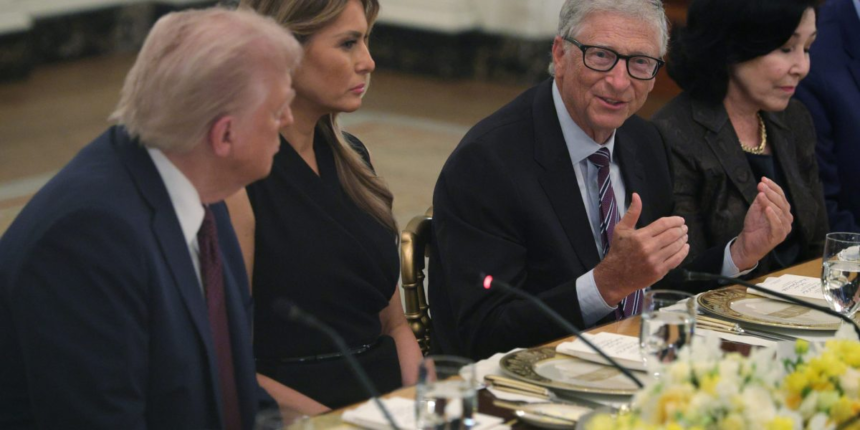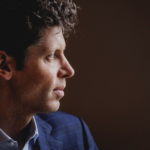Another Indian manufacturer, Dr. Reddy’s Laboratories Ltd., is also stepping in, partnering with Unitaid, the Clinton Health Access Initiative, and Wits RHI to expand supply. Together, these moves will likely accelerate global momentum to make the injection available to millions of people most at risk of HIV.
Lenacapavir’s appeal lies in its durability and discretion: a single injection offers protection for six months, a breakthrough especially for women who often face obstacles in negotiating condom use or daily pill-taking.
“The ability to protect someone for six months with a single injection, at the same cost as the currently available daily pills, is truly transformational,” Bill Clinton, co-founder of the Clinton Health Access Initiative, said in a statement. These agreements mark “a remarkable breakthrough and a fundamental shift in what’s possible for HIV prevention.”
For many African governments, the challenge is compounded by heavy debt repayments that dwarf their health budgets. Officials are forced to stretch fewer resources further, balancing urgent HIV needs against competing demands for basic services.
Advocates say the new agreements with Indian manufacturers could sharply shorten that timeline. Only 18% of people who could benefit from PrEP currently have access, the Gates Foundation noted in a separate statement.
Gilead aims to complete regulatory submissions for lenacapavir for PrEP in 18 countries by the end of the year, it said in a statement. Lenacapavir supplied by the company is also expected to reach the first low and lower middle-income country in that time frame.
Even a modest rollout could prevent as much as 20% of new HIV infections in high-burden countries. Generic versions are expected to be distributed through national HIV programs and procurement channels such as the Global Fund, raising hopes that the injection’s long-promised impact can finally be realized.









